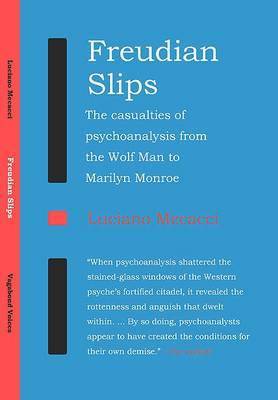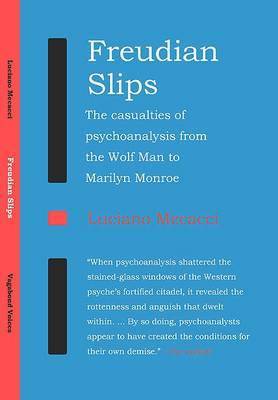
- Afhalen na 1 uur in een winkel met voorraad
- Gratis thuislevering in België vanaf € 30
- Ruim aanbod met 7 miljoen producten
- Afhalen na 1 uur in een winkel met voorraad
- Gratis thuislevering in België vanaf € 30
- Ruim aanbod met 7 miljoen producten
Zoeken
€ 17,45
+ 34 punten
Omschrijving
This historical and scientific study of psychoanalysis and its founding group brings together Luciano Mecacci's own work and existing material, and presents the reading public with a story that is not only fascinating and terrible but also essential and thought-provoking, given the enormous influence of Freud's ideas on European art, writing and wider culture throughout most of the twentieth century. It is important to distinguish between Freud the scientist and Freud the creative thinker. The former often lacked rigor and allowed his ideas to run audaciously ahead of the evidence he had collected. The latter, on the other hand, was brilliant, innovative and prolific, but the material produced was untested, as Mecacci demonstrates convincingly, and therefore unsuitable for clinical application. Freud's psychoanalytical therapy established a movement and set in train a series of often tragic events, which were almost always ignored at the time of their occurrence. Mecacci argues that there was nothing casual about these, and their roots are to be found in the manner in which the psychoanalytical movement was born and the historical context - dark times of war, economic crisis and xenophobia.
Specificaties
Betrokkenen
- Auteur(s):
- Vertaler(s):
- Uitgeverij:
Inhoud
- Aantal bladzijden:
- 222
- Taal:
- Engels
- Reeks:
Eigenschappen
- Productcode (EAN):
- 9780956056016
- Verschijningsdatum:
- 31/12/2009
- Uitvoering:
- Paperback
- Formaat:
- Trade paperback (VS)
- Afmetingen:
- 135 mm x 206 mm
- Gewicht:
- 226 g

Alleen bij Standaard Boekhandel
+ 34 punten op je klantenkaart van Standaard Boekhandel
Beoordelingen
We publiceren alleen reviews die voldoen aan de voorwaarden voor reviews. Bekijk onze voorwaarden voor reviews.








